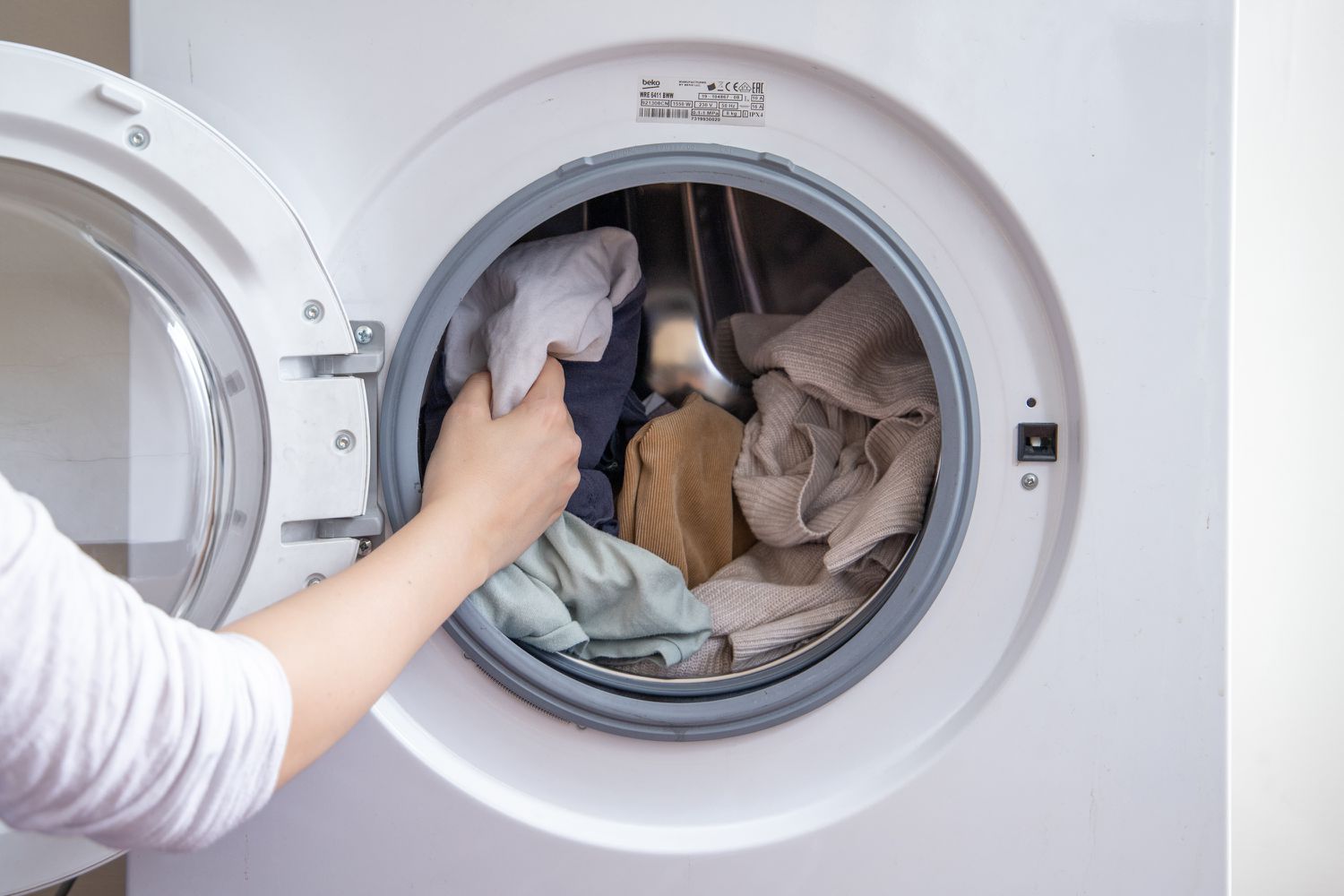

Articles
Why Is My Washer Banging When Spinning
Modified: August 17, 2024
Discover helpful articles on why your washer is making a banging noise during the spin cycle. Get expert tips and solutions to fix the issue efficiently.
(Many of the links in this article redirect to a specific reviewed product. Your purchase of these products through affiliate links helps to generate commission for Storables.com, at no extra cost. Learn more)
Introduction
A washing machine is a vital appliance in any household, making laundry chores convenient and efficient. However, it can be frustrating when you hear an unexpected banging noise coming from your washer during the spinning cycle. Not only is it annoying, but it can also indicate an underlying issue that needs to be addressed.
In this article, we will explore the common causes of a washer banging when spinning and discuss effective solutions to resolve these problems. By understanding the root causes and taking appropriate measures, you can prevent further damage to your washer and ensure its smooth and quiet operation.
Key Takeaways:
- Say goodbye to banging noises by properly distributing the load and adjusting the washing machine feet to resolve unbalanced load and leveling issues.
- Don’t let a banging washer disrupt your laundry routine. Inspect and replace damaged suspension springs, and consider professional help for less common causes like malfunctioning shock absorbers or worn drive belts.
Causes of a Washer Banging When Spinning
Several factors can contribute to the banging noise from your washer during the spinning cycle. Let’s take a closer look at the most common causes:
1. Unbalanced Load
An unbalanced load is a typical culprit behind a banging washer. When clothes and other items are unevenly distributed in the drum, it can throw off the balance during the spinning process, leading to excessive vibrations and banging noises. This can happen if you overload the washer or load it with heavy items on one side.
2. Leveling Issues
If your washing machine is not properly leveled, it can cause the entire unit to shake and bang during the spinning cycle. Uneven floors or incorrectly adjusted feet can result in an unstable washer, leading to excessive movement and noise. This issue is more common in older machines or those that have been recently moved or relocated.
3. Loose or Damaged Suspension Springs
Suspension springs play a crucial role in stabilizing the drum and absorbing the vibrations during the spinning process. If these springs become loose, worn out, or damaged, they may be unable to effectively support the drum’s movement. As a result, the washer may bang or produce excessive vibrations.
Now, let’s explore the solutions to these common causes of a banging washer.
Key Takeaways:
- Say goodbye to banging noises by properly distributing the load and adjusting the washing machine feet to resolve unbalanced load and leveling issues.
- Don’t let a banging washer disrupt your laundry routine. Inspect and replace damaged suspension springs, and consider professional help for less common causes like malfunctioning shock absorbers or worn drive belts.
Causes of a Washer Banging When Spinning
When your washer starts banging loudly during the spinning cycle, it can be a cause for concern. Understanding the underlying causes can help you identify the issue and take appropriate steps to resolve it. Here are the three most common causes of a washer banging when spinning:
1. Unbalanced Load
An unbalanced load is a frequent cause of a banging washer. When you load your machine with clothes, towels, or other laundry items, it is important to distribute them evenly in the drum. If one side of the drum is significantly heavier than the other, it can throw off the balance during the spinning cycle. As a result, the washer may shake violently and produce a loud banging noise.
To resolve this issue, make sure to properly distribute the load inside the drum. If you’re washing bulky items, like blankets or comforters, consider placing them on opposite sides or adding a few smaller items to balance the weight. Additionally, avoid overloading the washer, as this can also lead to an unbalanced load and banging noises.
2. Leveling Issues
Leveling issues can also cause a washer to bang during the spinning cycle. If the machine is not properly leveled on an even surface, it can result in an unstable washing cycle. This instability can cause the drum to move excessively and produce banging noises.
To check if your washer is leveled, place a carpenter’s level on top of the machine. If it is not balanced, you can adjust the feet of the washer to level it. Most washing machines have adjustable feet that can be raised or lowered to achieve balance. Use a wrench or pliers to turn the feet accordingly until the machine is stable.
If adjusting the feet does not solve the leveling issue, you may try using a leveling tool available at hardware stores. This tool provides more accurate measurements and can help you determine the exact points of imbalance.
3. Loose or Damaged Suspension Springs
Suspension springs are responsible for supporting the weight of the drum and minimizing vibrations during the spinning cycle. Over time, these springs can become loose, worn out, or even break, causing the drum to bang against the sides of the washer.
To check if the suspension springs are the cause of the banging noise, visually inspect them for any signs of damage or wear. If you notice any springs that are loose, stretched, or broken, they will need to be replaced. Consult your washing machine’s manual or contact a professional technician for assistance in replacing the suspension springs.
By addressing these common causes of a washer banging when spinning, you can restore the smooth and quiet operation of your washing machine. However, keep in mind that if the issue persists or if you are unsure about performing any repairs, it is always recommended to consult a qualified technician for proper diagnosis and assistance.
Read more: Banging Noise In Chimney When Windy
Resolving Unbalanced Load Issues
An unbalanced load can cause your washer to bang loudly during the spinning cycle. Fortunately, there are steps you can take to resolve this issue and restore the smooth operation of your washing machine. Here are two effective methods for resolving unbalanced load issues:
1. Properly Distributing the Load
One of the primary reasons for an unbalanced load is uneven distribution of items in the drum. To alleviate this issue, it’s important to properly distribute the load before starting the washing cycle. Here’s how:
- Read the manufacturer’s guidelines for loading your washing machine. Different models may have different recommendations.
- Divide the laundry items evenly in the drum. Spread them out to ensure an equal distribution of weight.
- Avoid placing heavy items on one side of the drum. Instead, distribute them evenly with lighter items.
- If you are washing large or bulky items, such as blankets or comforters, consider putting them on opposite sides of the drum or adding a few smaller items to balance the load.
2. Checking for Overloading
Overloading your washing machine can also lead to an unbalanced load. It’s crucial to ensure that you do not exceed the machine’s recommended capacity. Here’s what you can do:
- Refer to the machine’s manual or check the label inside the drum for the recommended load capacity.
- Weigh your laundry items beforehand to ensure they fall within the weight limits specified by the manufacturer.
- Consider splitting a large load into two smaller loads if necessary.
By properly distributing the load and avoiding overloading, you can significantly reduce the chances of an unbalanced load and minimize the banging noise during the spinning cycle of your washing machine.
If you have followed these steps and are still experiencing issues, it is recommended to consult your washing machine’s manual or consider contacting a qualified technician for further assistance.
Resolving Leveling Issues
If your washing machine is not properly leveled, it can result in unstable operation and cause banging noises during the spinning cycle. Fortunately, there are steps you can take to resolve leveling issues and ensure a stable washing machine. Here are two effective methods for resolving leveling issues:
Read more: Why Does My Washer Squeak
1. Adjusting the Washing Machine Feet
The feet of your washing machine play a crucial role in maintaining stability. Here’s how you can adjust the feet to level your washing machine:
- Locate the feet at the bottom of the washing machine. Most machines have four feet, one on each corner.
- Use a wrench or pliers to turn the feet in either direction to raise or lower them.
- Place a carpenter’s level on top of the machine to check the balance.
- Continue adjusting the feet until the washing machine is level in both directions.
Ensure that the machine is stable on the floor and does not rock when pressure is applied to the corners of the unit. This will help prevent excessive movement and banging noises during the spinning cycle.
2. Using a Leveling Tool
If you’re having difficulty achieving accurate leveling, you can use a leveling tool to ensure precise adjustments. Here’s what you need to do:
- Purchase a leveling tool from a hardware store. These tools consist of a bubble inside a glass tube that helps determine if a surface is level.
- Place the leveling tool on top of the washing machine.
- Adjust the feet of the machine based on the readings provided by the leveling tool.
- Continue adjusting and rechecking until the bubble in the leveling tool is centered, indicating that the machine is level.
Using a leveling tool can provide more accurate measurements and help you achieve optimal leveling for your washing machine.
By properly adjusting the washing machine feet and using a leveling tool if needed, you can eliminate leveling issues and prevent banging noises during the spinning cycle of your washing machine. If the problem persists or if you are uncertain about making adjustments, it is recommended to consult the machine’s manual or seek assistance from a professional technician.
Checking Suspension Springs
Suspension springs play a crucial role in stabilizing the drum of your washing machine and reducing vibrations during the spinning cycle. If these springs become loose, worn out, or damaged, they can contribute to the banging noise you hear. Here’s how you can check and address issues with the suspension springs:
Inspecting for Damage or Wear
Begin by visually inspecting the suspension springs for any signs of damage or wear. Here are a few things to look out for:
- Check for any visible signs of corrosion, rust, or fraying of the springs.
- Ensure that all springs are securely attached and not dangling or excessively stretched.
- Inspect the hooks or attachment points of the springs for any signs of damage or detachment.
If you notice any of these issues, it is likely that the suspension springs are causing the banging noise during the spinning cycle.
Read more: Why Is My Maytag Washer Not Spinning
Replacing Damaged Springs
If your inspection reveals that the suspension springs are damaged or worn out, it is essential to replace them. Here’s how you can go about it:
- Consult your washing machine’s manual for detailed instructions on how to replace the suspension springs. It will provide specific guidance based on your machine’s make and model.
- Purchase the required replacement springs from an authorized dealer or retailer that specializes in appliance parts. Ensure that you get the correct springs that match your washing machine’s specifications.
- Follow the step-by-step instructions provided in the manual to remove the old springs and install the new ones. This may involve detaching the hooks or attachment points and reconnecting them with the new springs.
- Double-check all connections to ensure the springs are securely attached and in the proper position.
By replacing damaged suspension springs, you can effectively address the banging noise and restore the stability of your washing machine during the spinning cycle.
If you are uncomfortable or unsure about replacing the suspension springs yourself, it is advisable to seek assistance from a qualified technician who has experience with washing machine repairs. They will be able to diagnose the issue accurately and perform the necessary repairs or replacements for you.
Other Possible Causes of Washer Banging
While unbalanced loads, leveling issues, and damaged suspension springs are the most common causes of a banging washer when spinning, there are a few other potential culprits to consider. Let’s explore three additional causes:
1. Malfunctioning Shock Absorbers
Shock absorbers are designed to dampen the vibrations and movements of the drum during the spinning cycle. If these shock absorbers become worn out or malfunction, they may not effectively reduce the impact of the spinning motion, leading to excessive banging noises. An inspection of the shock absorbers can help determine if they need to be replaced. Consider seeking professional assistance to replace them if necessary.
2. Worn Drive Belt
The drive belt in your washing machine connects the motor to the drum and helps facilitate the spinning process. Over time, the drive belt can become worn out, stretched, or even break, causing a banging noise. Inspect the drive belt for any signs of wear, such as cracks, fraying, or looseness. If you notice any issues, it is advisable to replace the drive belt promptly. Consult your washing machine’s manual or contact a technician for guidance on replacing the belt.
Read more: Why Wont My Washer Turn On
3. Faulty Motor Coupling
The motor coupling is responsible for connecting the motor to the transmission in your washing machine. If the motor coupling is faulty or damaged, it can result in an unstable connection and cause banging noises during the spinning cycle. Signs of a faulty motor coupling may include excessive vibration, rattling noises, or difficulty spinning. In such cases, it is recommended to contact a qualified technician to diagnose and replace the motor coupling if necessary.
It is important to note that these additional causes are less common than unbalanced loads, leveling issues, and damaged suspension springs. However, if you have ruled out these primary causes and are still experiencing banging noises, it may be worth considering the possibility of malfunctioning shock absorbers, a worn drive belt, or a faulty motor coupling.
If you’re unsure about diagnosing or resolving these issues yourself, it is best to consult a professional technician who has expertise in repairing washing machines. They can properly assess the situation, accurately identify the cause of the banging noise, and provide appropriate solutions to restore your washer’s smooth operation.
Conclusion
A washing machine banging when spinning can be a frustrating and alarming problem. Understanding the common causes and effective solutions can help you address the issue and restore the smooth and quiet operation of your washer.
Unbalanced loads, leveling issues, and damaged suspension springs are the primary culprits behind a banging washer. By properly distributing the load, avoiding overloading, adjusting the washing machine feet, and using a leveling tool, you can resolve unbalanced load and leveling issues.
Inspecting the suspension springs and replacing any damaged ones is essential to minimize banging noises caused by loose or worn-out springs. By taking the necessary steps to maintain and replace these components, you can ensure the stability of the drum during the spinning cycle.
It’s also important to consider other potential causes, such as malfunctioning shock absorbers, worn drive belts, or faulty motor couplings. While these causes are less common, they should not be overlooked if the banging noise persists despite addressing the primary causes.
If you’re unsure about diagnosing or resolving the issue yourself, it is recommended to seek assistance from a qualified technician. They can properly assess the problem, provide accurate diagnoses, and perform any necessary repairs or replacements.
By addressing the causes of a banging washer when spinning, you can enjoy a quiet and efficient laundry experience. Remember to follow the manufacturer’s guidelines, take proper care of your washing machine, and address any issues promptly to prevent further damage.
With the appropriate measures and timely maintenance, you can ensure the longevity of your washing machine and keep it running smoothly for years to come. Say goodbye to the banging noises and enjoy the convenience and comfort of a well-functioning washer!
Frequently Asked Questions about Why Is My Washer Banging When Spinning
Was this page helpful?
At Storables.com, we guarantee accurate and reliable information. Our content, validated by Expert Board Contributors, is crafted following stringent Editorial Policies. We're committed to providing you with well-researched, expert-backed insights for all your informational needs.
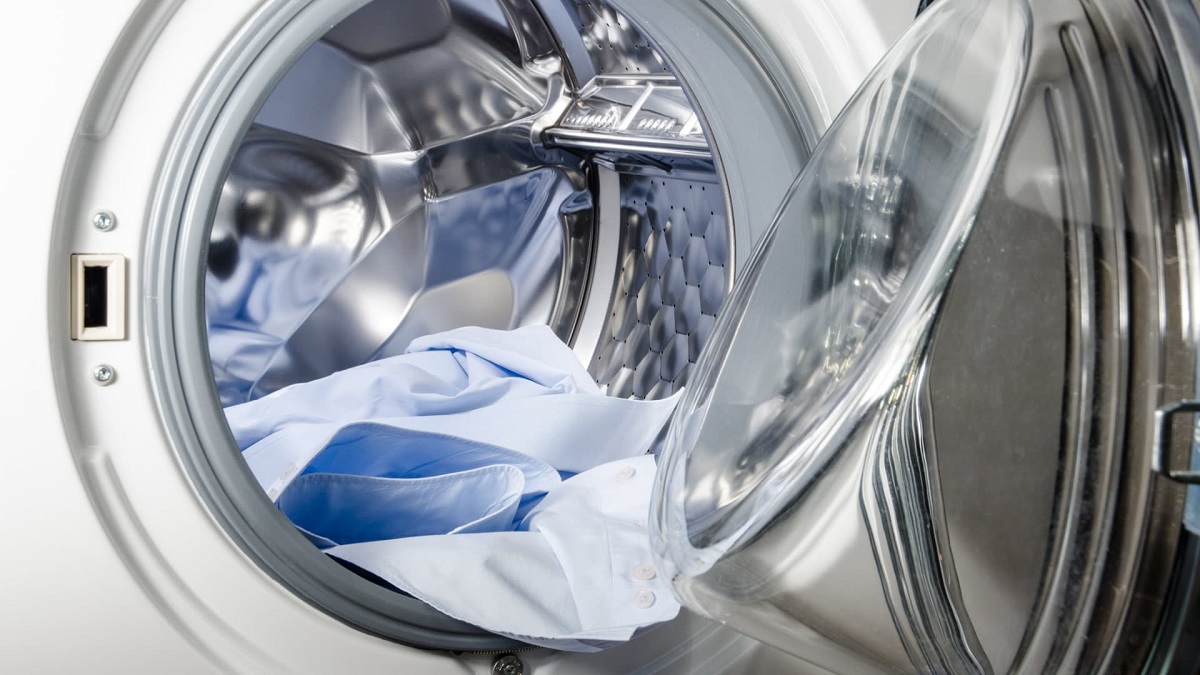
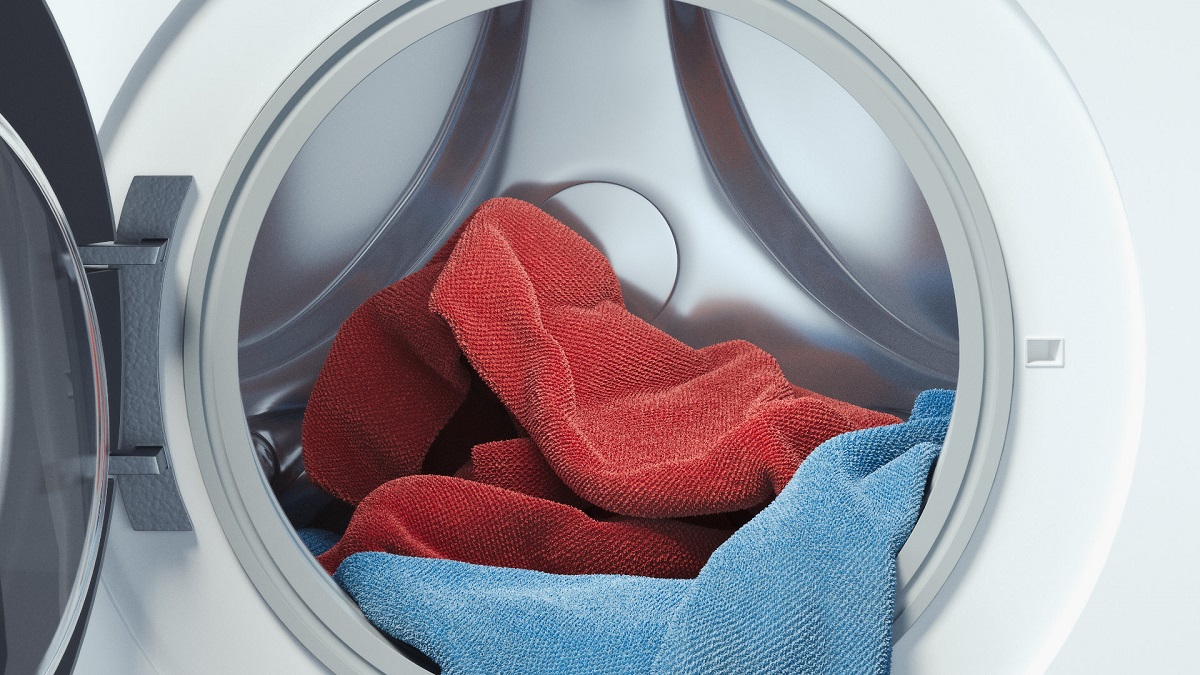
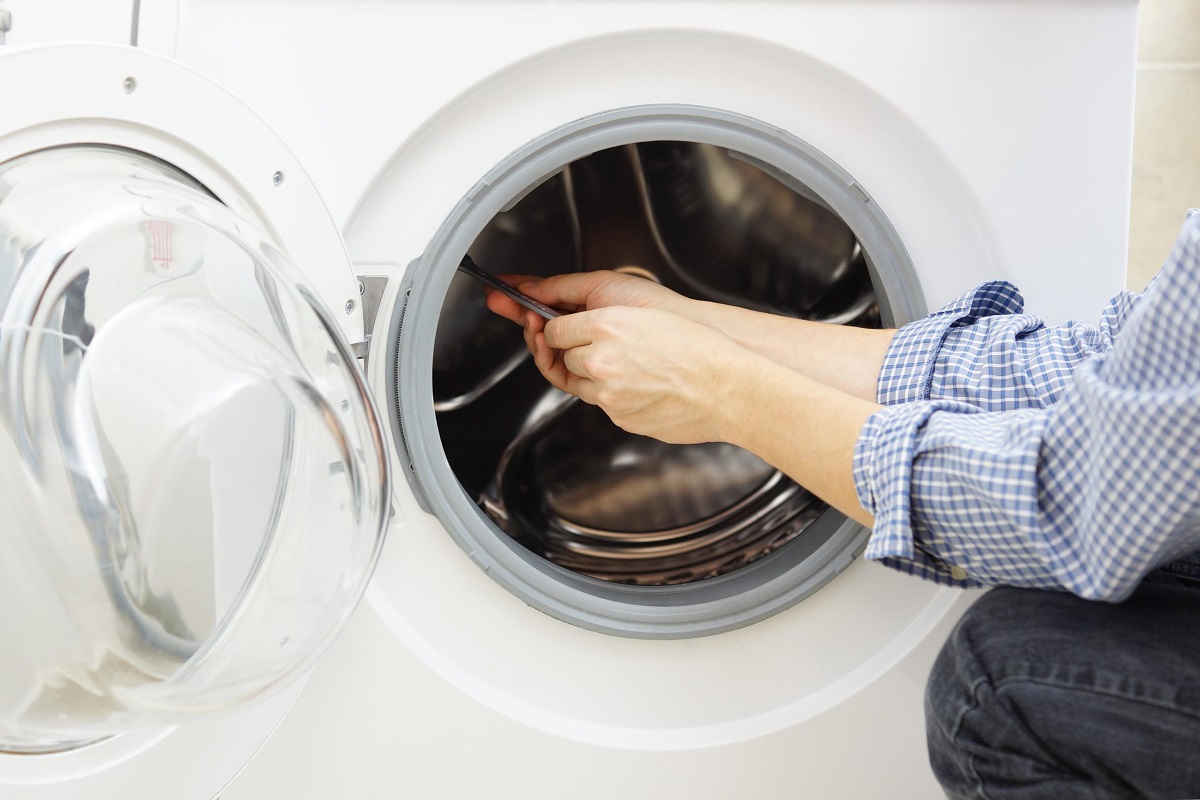
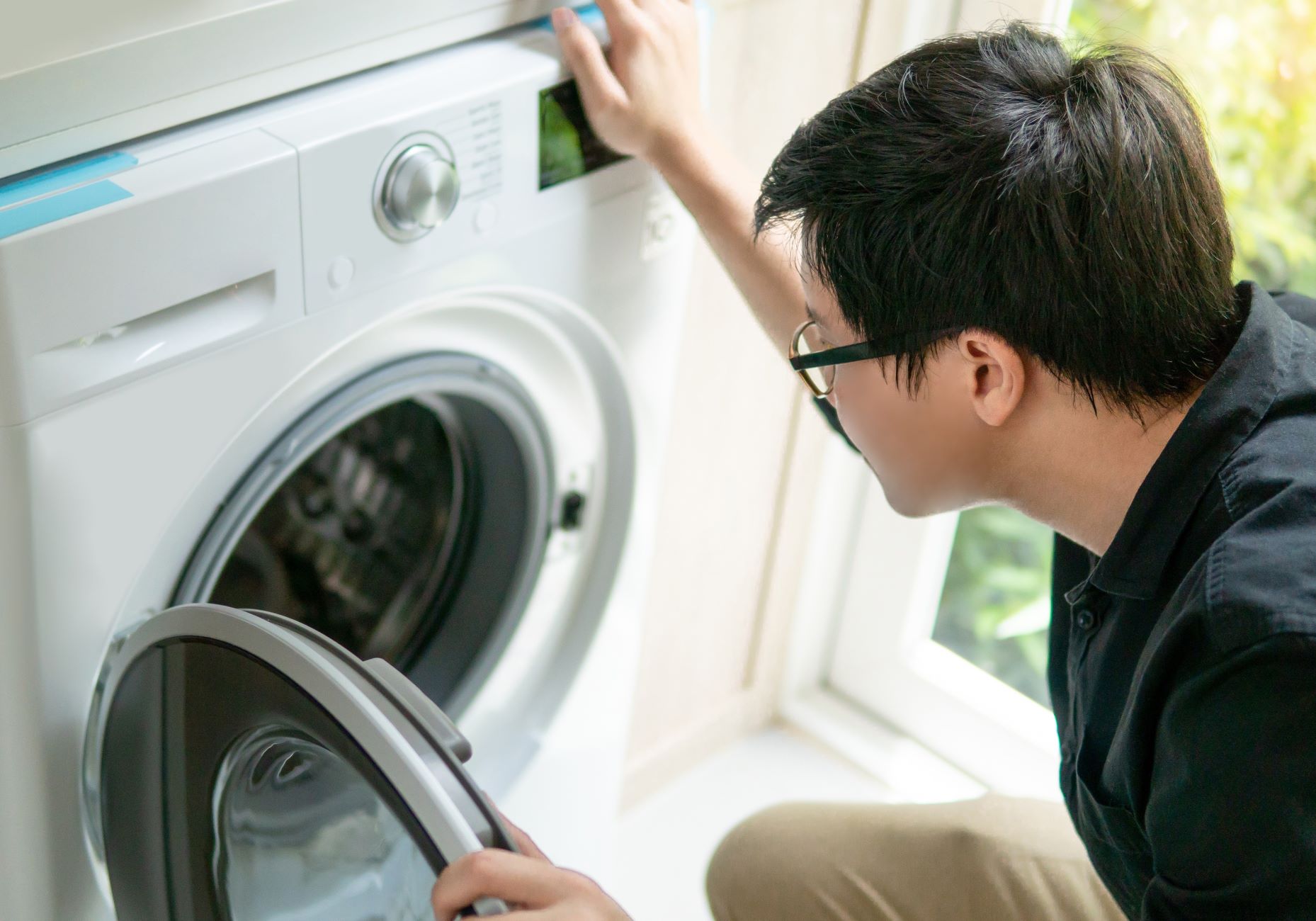
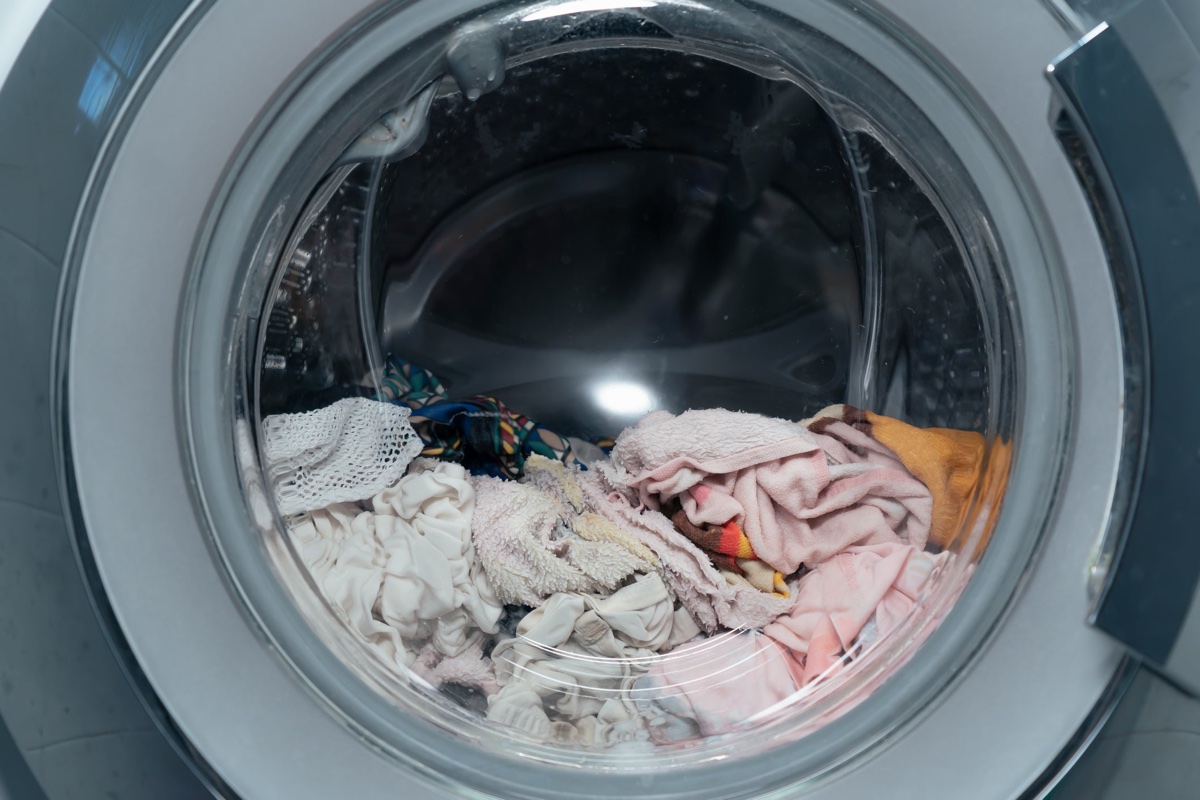
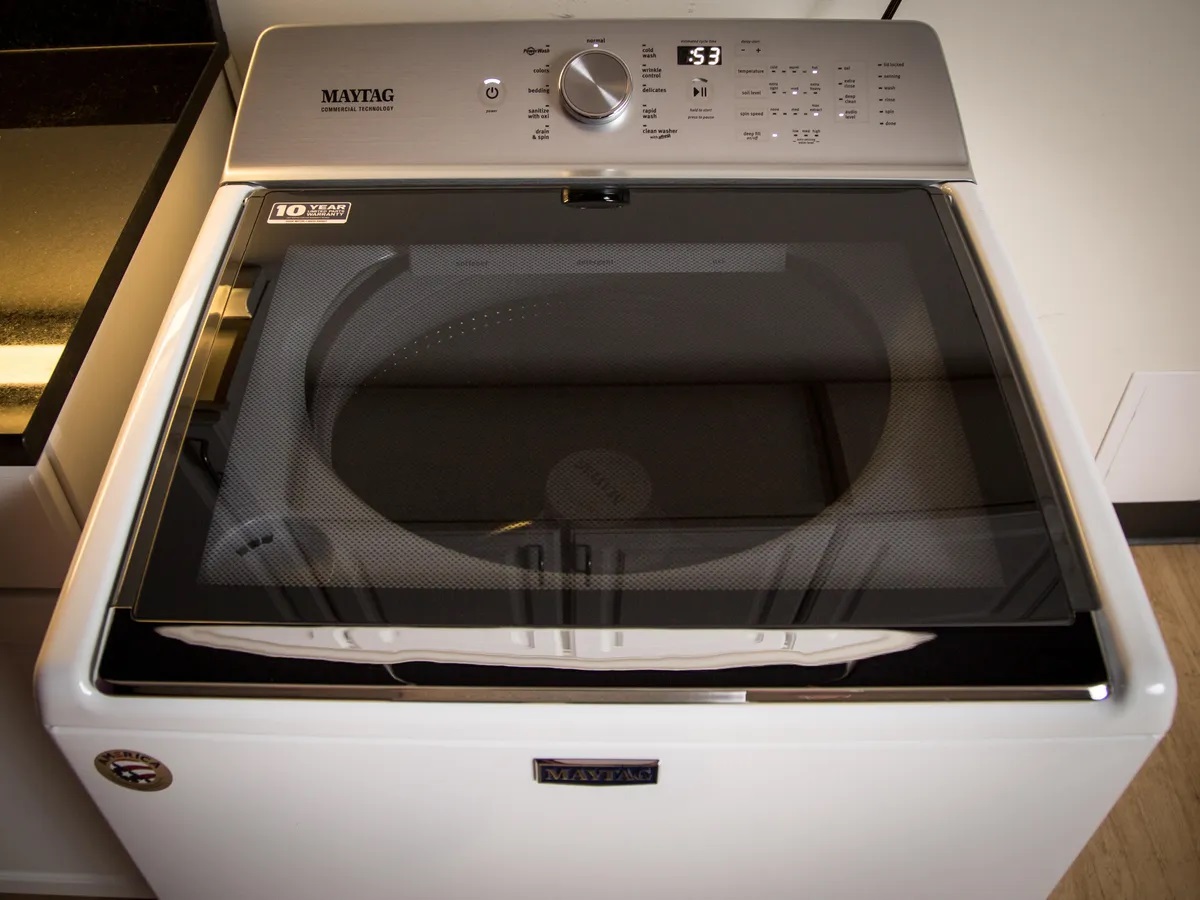
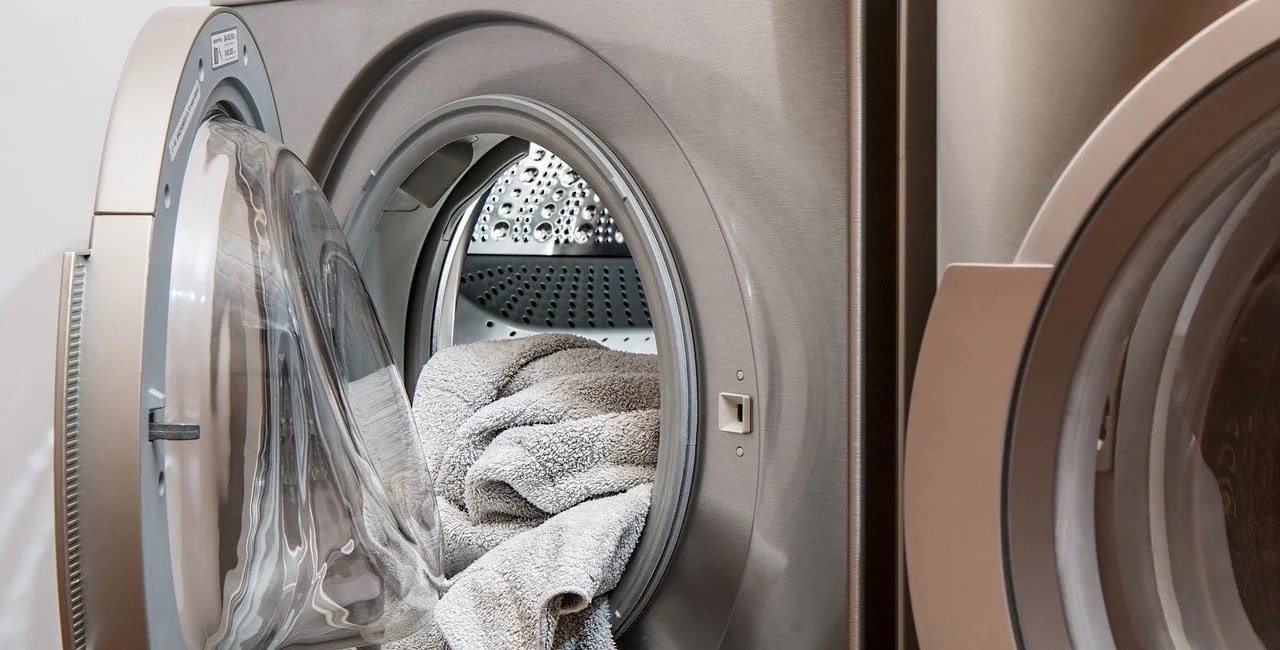
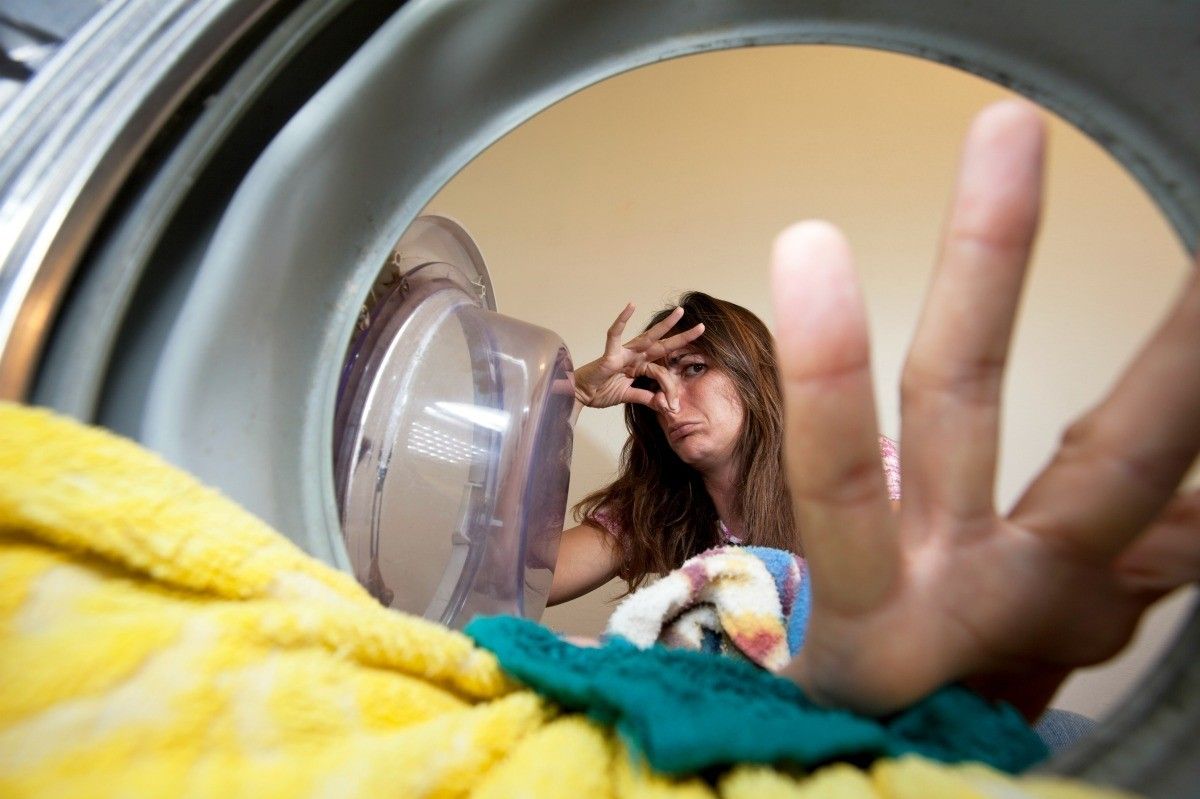
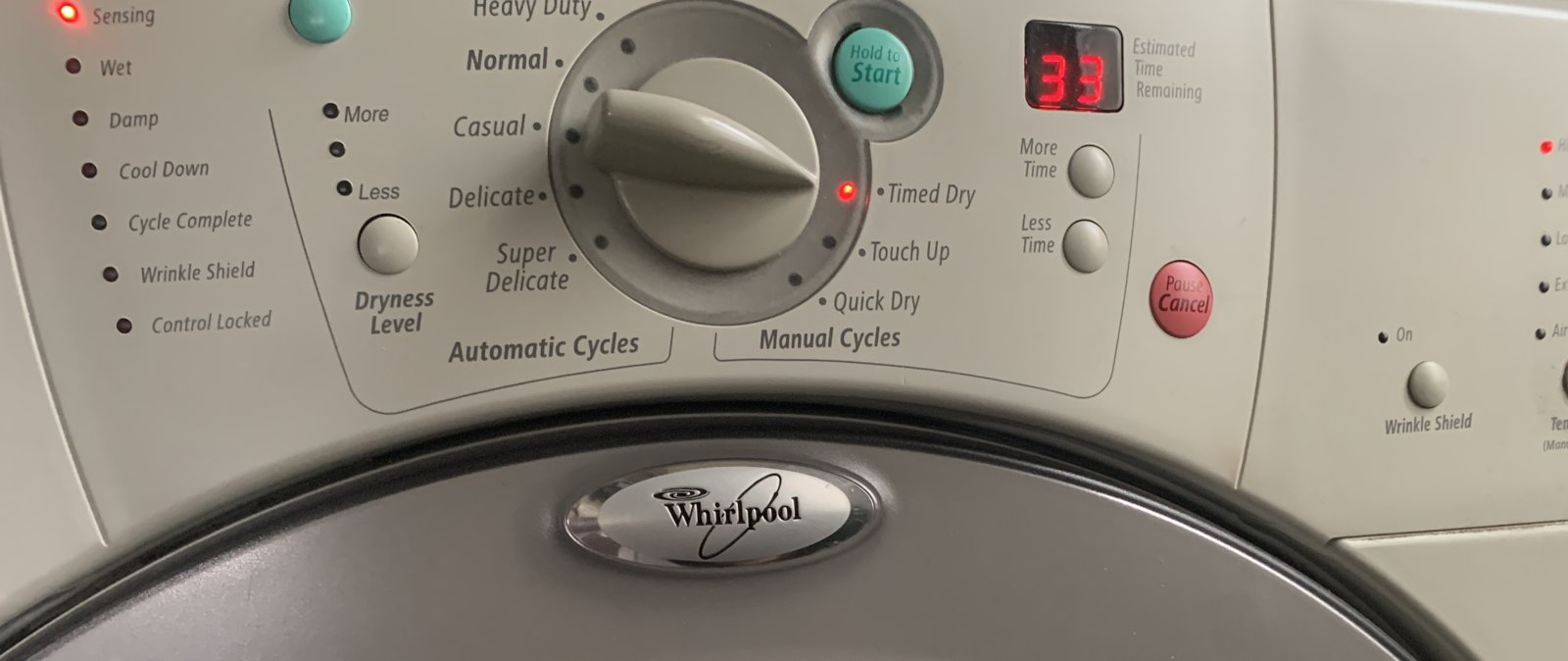
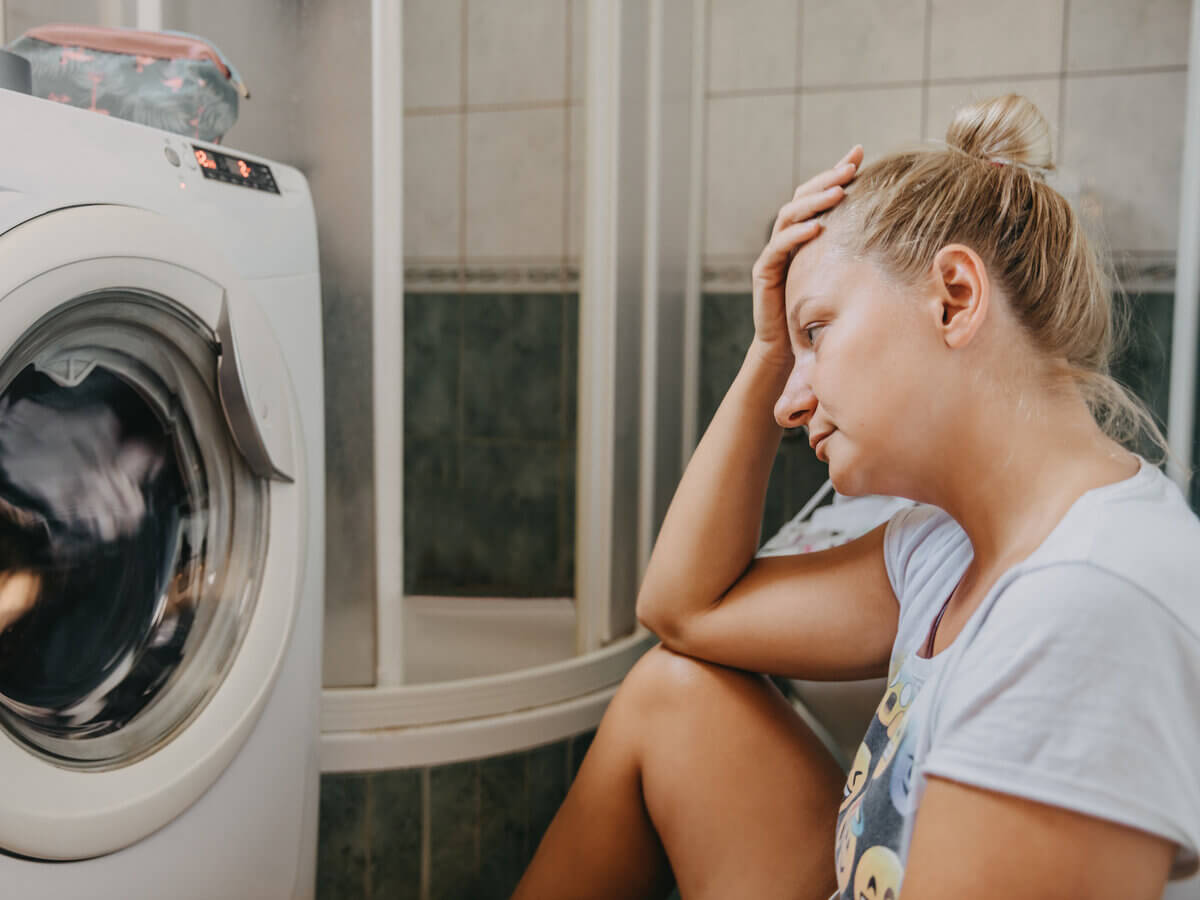

0 thoughts on “Why Is My Washer Banging When Spinning”